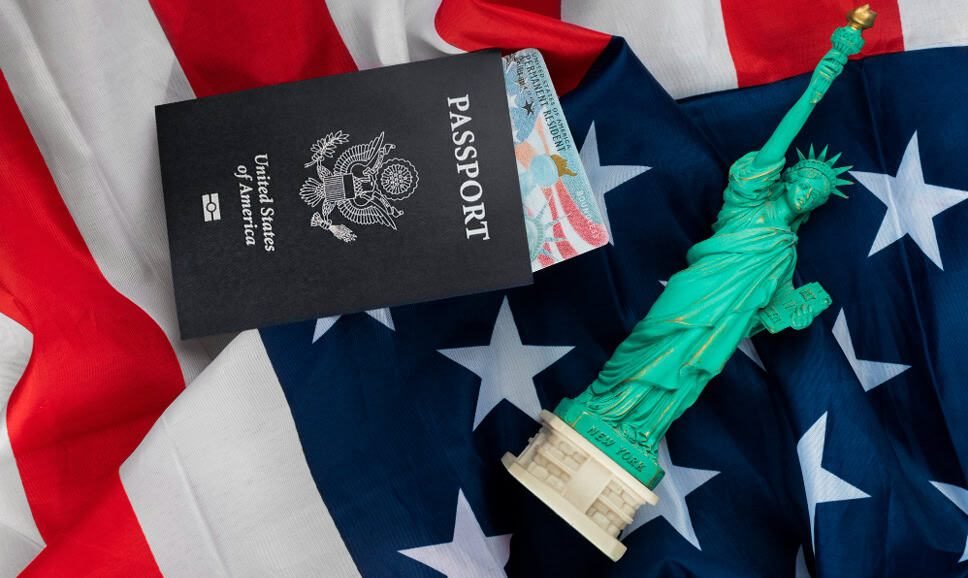Although E-2 Investor Visa holders have the privilege of establishing and operating their own businesses in the United States, many people underestimate the complexity of US accounting and tax regulations. The American financial system requires meticulous record-keeping, accurate tax filing, and precise expense categorisation. Errors in these areas can result in significant financial penalties and may also jeopardise the investor’s immigration status.
Table of Contents
ToggleCommon mistakes include misclassifying personal expenses as business expenses, failing to complete or incorrectly completing the appropriate tax forms, misunderstanding how undistributed profits are taxed, and failing to finalise year-end closing records. Additionally, attempting to handle accounting and tax matters without the assistance of a professional CPA or tax advisor can result in missed tax advantages and damage the investor’s credibility with USCIS.
In short, accounting errors in E-2 visa businesses not only create financial risks but can also directly impact visa renewals or status changes. For E-2 investors, maintaining transparent, accurate, and professionally managed accounting records is crucial for both the sustainability of the business and the preservation of immigration status.
In short, accounting mistakes in E-2 visa businesses don’t just create financial risks—they can directly impact visa renewals or status changes. For E-2 investors, maintaining transparent, accurate, and professionally managed accounting records is crucial for both business sustainability and safeguarding their immigration status.
Why Is Proper Accounting Critical for E-2 Visa Holders?
In order to maintain E-2 status, the business must not only remain operational but also demonstrate that it is real, active, and for-profit.
During visa renewals or adjustment of status applications, USCIS officers may request and closely review financial documentation to determine whether the enterprise continues to meet E-2 requirements.
Accurate accounting is essential to:
- Reflect legitimate and traceable expenses
- Prove the source and use of invested capital
- Demonstrate the ability to generate income
- Ensure consistency with IRS filings
Failure to maintain transparent financial records can raise red flags and lead to both tax penalties and immigration consequences.
Overlooked Items in Tax Filings
E-2 visa holders are often unfamiliar with the intricacies of the U.S. tax system. As a result, they may unintentionally omit or misreport crucial financial details.
Common oversights include:
- Failing to report the owner’s own compensation
- Confusing net profits with taxable distributions
- Misclassifying personal draws as business expenses
- Ignoring year-end reconciliation procedures
- Incorrectly filing key forms like Schedule C, Form 1120-S, or K-1s
Such inconsistencies can undermine the credibility of the business and create inconsistencies in immigration records, especially when USCIS cross-references financial data.
Misclassification of Business Expenses
Correctly categorizing business expenses is vital in the U.S. tax system, not only to optimize deductions but also to withstand potential IRS audits.
However, many E-2 entrepreneurs make classification errors that include:
- Listing personal expenses as business deductions
- Deducting startup costs before the business becomes operational
- Paying family members off-the-books without proper documentation
- Treating mixed-use expenses (e.g., vehicle, travel, meals) as fully business-related
- Failing to retain receipts or supporting documentation
These mistakes can lead to serious tax consequences and put the business under scrutiny for abuse or misrepresentation.
Risks of Not Working with a CPA or Tax Advisor
A major misstep made by many E-2 investors is attempting to handle accounting and tax matters independently.
The U.S. tax system is complex, frequently updated, and varies by federal and state jurisdiction. Without expert guidance, even well-meaning business owners can make critical mistakes.
Risks include:
- Filing errors
- Missed deductions or credits
- Higher chances of audit
- Submitting documents inconsistent with immigration records
Working with a Certified Public Accountant (CPA) or an immigration-focused tax consultant is crucial to ensure that accounting practices support both business goals and visa compliance.
How Do These Mistakes Affect E-2 Visa Status?
Accounting errors can do more than damage a business’s financial health they can directly impact visa renewals or adjustments.
USCIS evaluates whether the business remains viable and meets the “active and for-profit” threshold.
Problems arise when:
- Financial statements are missing or incomplete
- Tax filings show inconsistent or declining income
- Expenses are undocumented or misclassified
- The business fails to demonstrate a path to financial sustainability
In such cases, the investor may be deemed to have failed the “substantial and continuous investment” requirement, resulting in visa renewal denial or status revocation.
Marsan Akguc Law Firm works closely with licensed CPAs to offer comprehensive consulting for E-2 visa holders, ensuring financial accuracy and immigration alignment throughout the life of the business.

